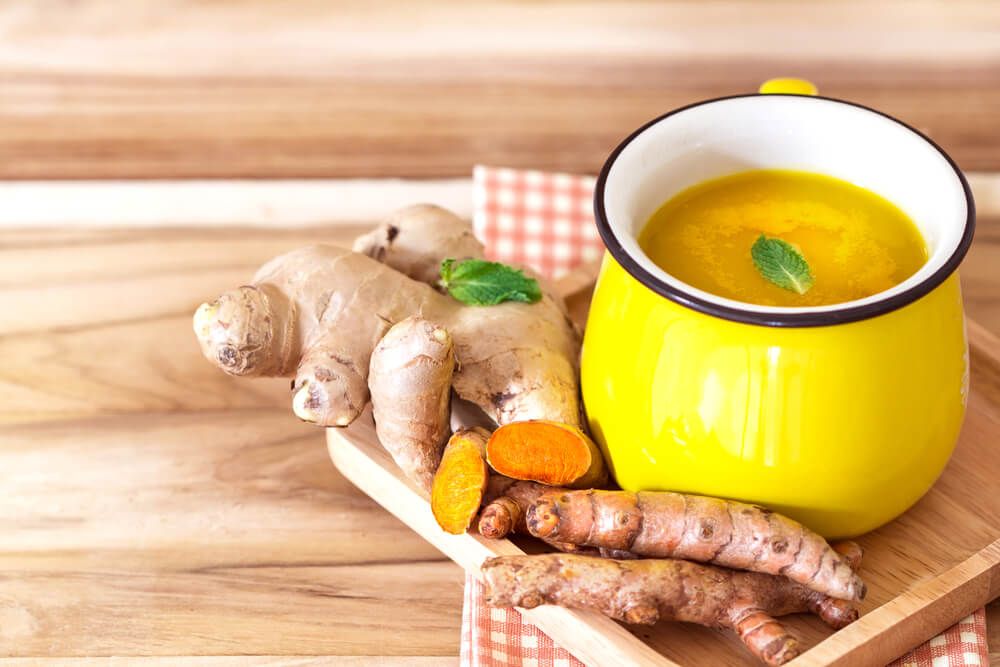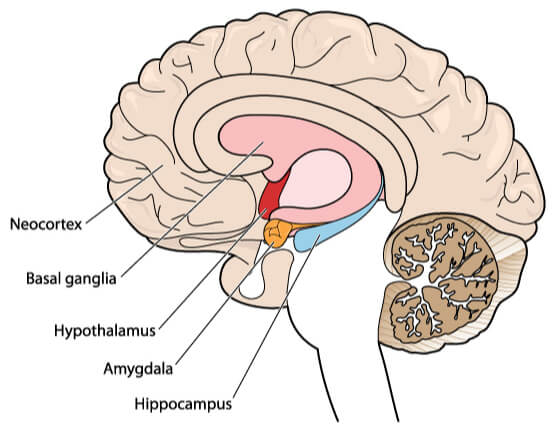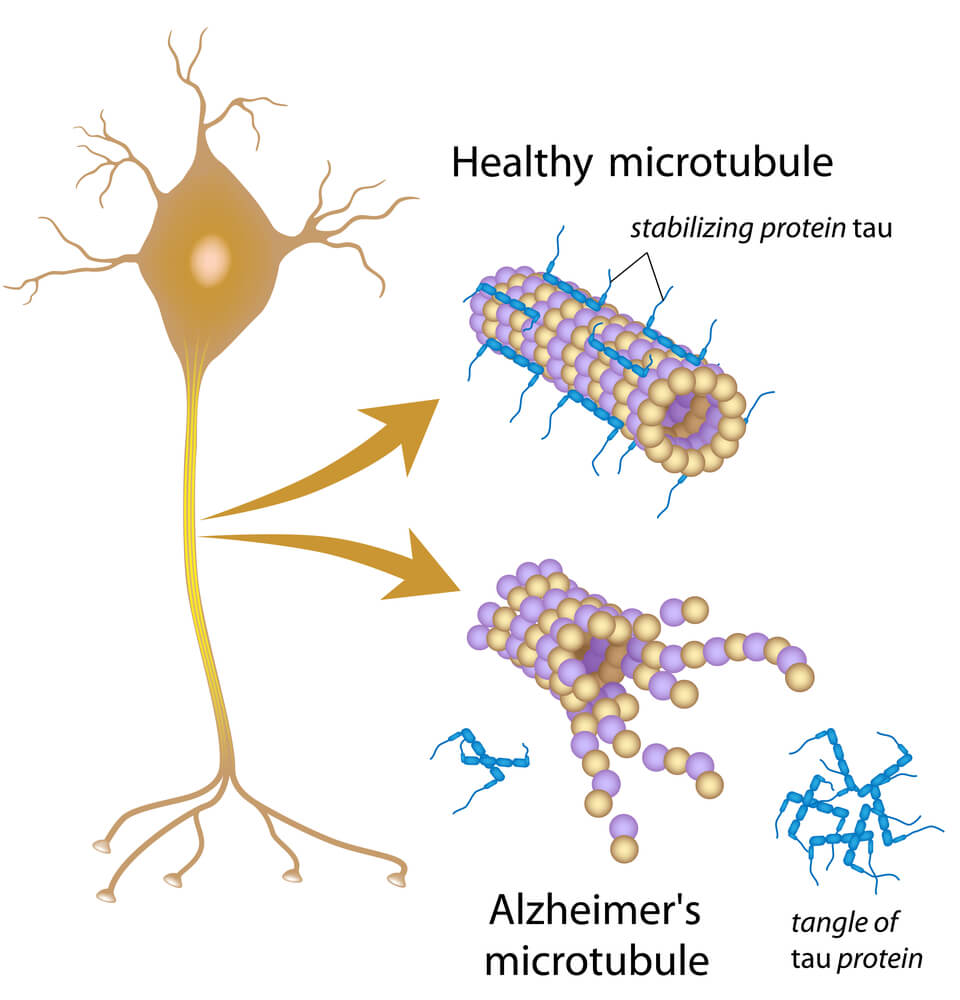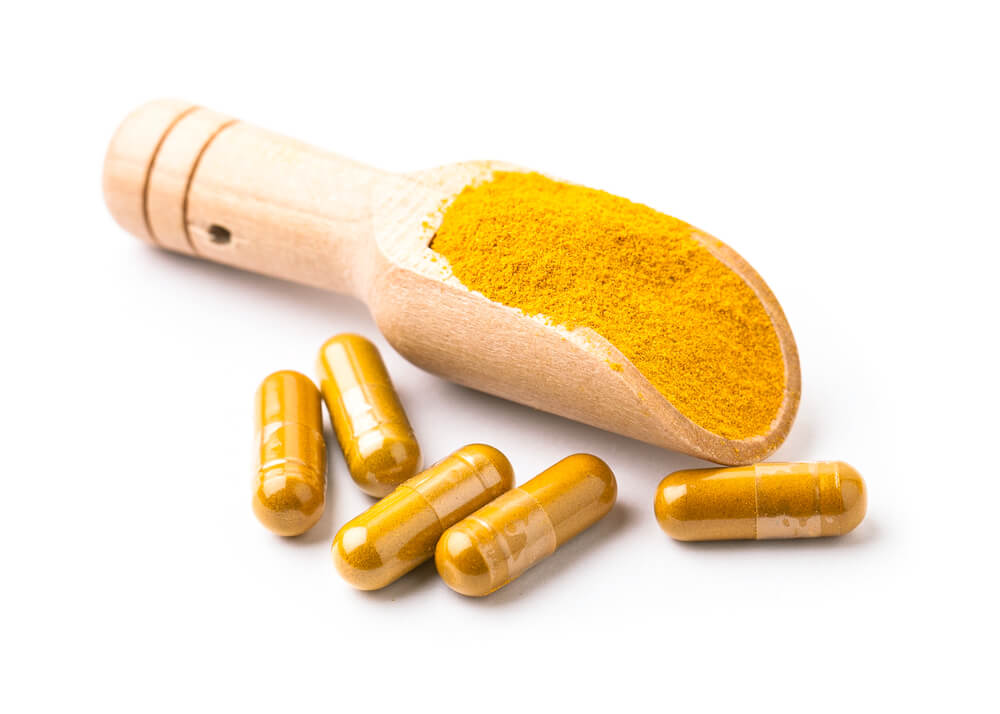All of us stay on the lookout for foods that improve our health. When it comes to “brain foods,” scientific research keeps adding to a list that includes nuts that slow cognitive decline and mushrooms that boost the immune system.
One that might come as a surprise is curcumin, the chemical compound in turmeric root that gives cumin its yellow color and is used to flavor curry. It’s a real booster of cognitive function, especially in improving memory, according to a new study by researchers at the University of California – Los Angeles recently published in The American Journal of General Psychiatry.
The study found a daily dose of curcumin not only prevents memory loss but may actually improve brain functions associated with memory.
That’s a major finding about a substance that is readily available on grocery store shelves and any place where curry is on the menu. It also seems to support the findings of a German study that found curry improved cognitive function and even repaired brains after damage or disease.
Details On The UCLA Study
The researchers found these changes not only by testing patients’ cognitive abilities, but also by examining brain cells. They discovered that those who take a daily dose of curcumin experienced a decrease of Tau tangle and amyloid beta proteins in the amygdala and hypothalamus, areas of the brain that control anxiety, memory, decision-making and emotion.
They also experienced less feelings of depression. Overall, their memory improved by 28% over the course of the 18-month study.
Why would curcumin have these impacts on the brain? Researchers are not sure, but wrote that it may be because of the anti-inflammatory and anti-amyloid brain effects of curcumin. Tau tangles and amyloid beta proteins are both signs of dementia and Alzheimer’s disease. Researchers look for both when using brain imaging scans to reveal the risk of Alzheimer’s.
The UCLA researchers wrote that current findings in the study are encouraging because “this relatively inexpensive and nontoxic treatment may have a potential for not only improving age-related memory decline but also preventing or possibly staving off progression of neurodegeneration and eventually future symptoms of Alzheimer disease.”
They also noted they may conduct further research into the impact of curcumin on depression.
Getting Curcumin Into Your Diet
Curcumin is the key ingredient in turmeric, which comes from the root of a flowering ginger plant known as curcuma longa. In addition to the cognitive health benefits, turmeric and curcumin are also known to help the body fight osteoarthritis, obesity, heart disease, diabetes and cancer, according to Healthline.
Studies also have shown curcumin has strong anti-inflammatory and antioxidant effects, as well as antibacterial effects. Healthline also reports curcumin can reduce blood sugars found in type 2 diabetes.
You can buy turmeric powder from the grocery store, or buy fresh turmeric, which looks like a ginger root but with a yellow or golden color. It can also be purchased in supplements. There are plenty of recipes that call for adding turmeric, including:
- Skillet chicken
- Noodle soup
- Many cauliflower dishes, including cake, soups and steaks
- Smoothies
- Butternut squash
- Tofu
- Baked potato
- Ginger tea
Considering how readily available curcumin is and how good it tastes, it’s certainly worth trying for those who want to give their memory a boost and slow age-related cognitive decline.






